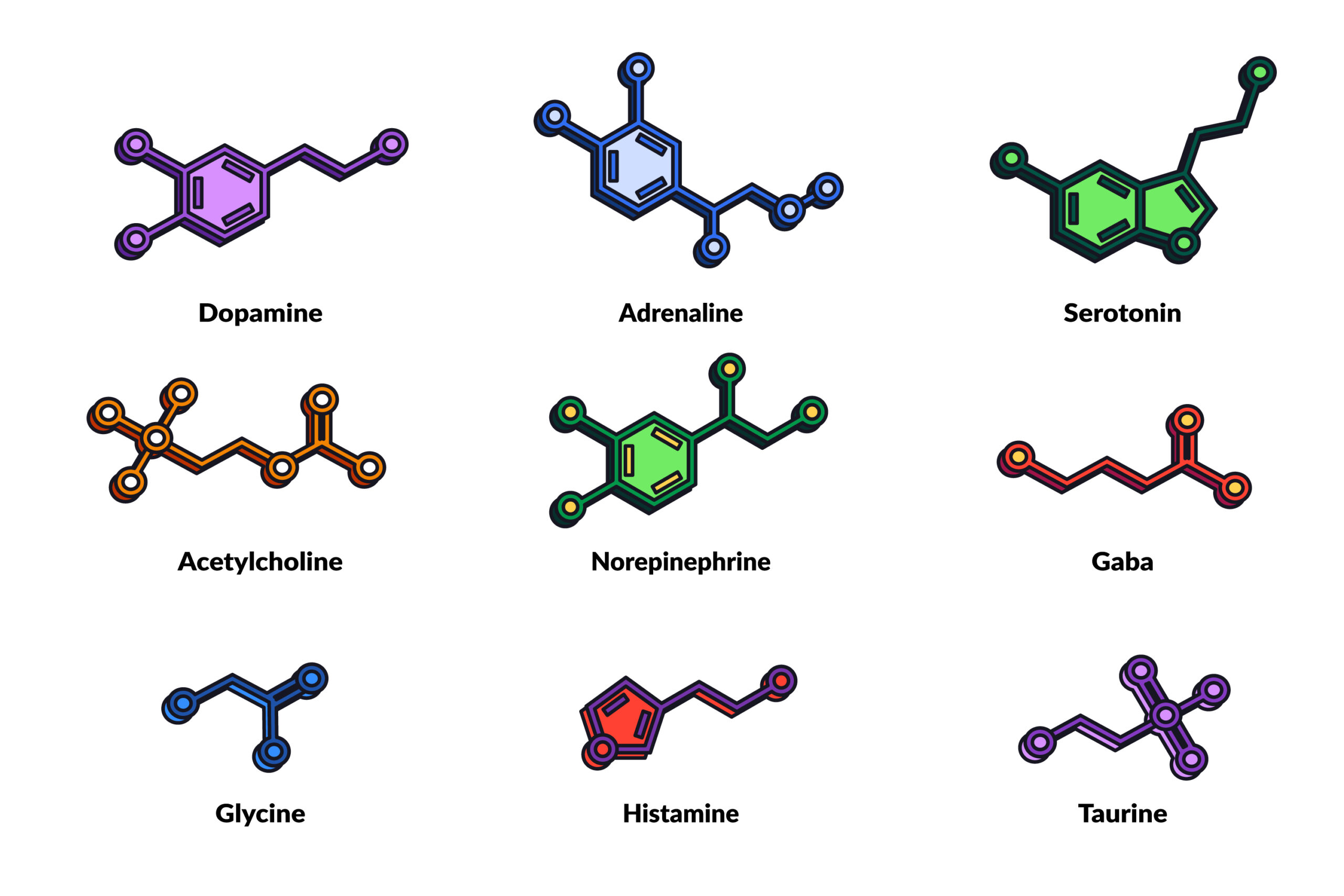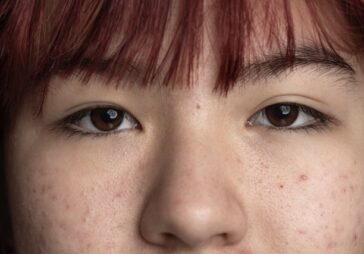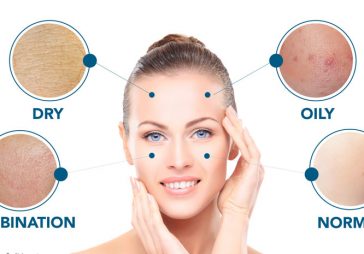Hormonal changes are a natural part of life, affecting not only our internal health but also the appearance and condition of our skin. Understanding how hormones impact your skin can help you tailor your skincare routine to better manage these changes. In this article, we’ll explore the relationship between hormones and skin health, discuss the effects of hormonal fluctuations, and provide tips for maintaining radiant skin throughout different stages of life.
What Are Hormones and How Do They Affect Your Skin?
Hormones are chemical messengers produced by glands in the endocrine system. They regulate numerous bodily functions, including growth, metabolism, and reproduction. Hormones also play a significant role in skin health by influencing oil production, skin cell turnover, and inflammation levels.
Key Hormones That Impact Skin Health
- Estrogen: Promotes collagen production and skin elasticity. Declines in estrogen levels, particularly during menopause, can lead to thinning skin and the development of wrinkles.
- Testosterone: Stimulates sebaceous (oil) glands. Elevated levels can result in increased oil production, leading to acne and oily skin.
- Progesterone: Helps regulate oil production and maintains skin hydration. Fluctuations can affect skin moisture and texture.
- Cortisol: Known as the stress hormone. High levels can lead to increased inflammation and breakouts.
- Thyroid Hormones: Regulate metabolism and affect skin hydration and texture. Imbalances can cause dry or excessively oily skin.

Effects of Hormonal Changes on Skin
Puberty
During puberty, there is a surge in androgen hormones, including testosterone. This increase stimulates the sebaceous glands to produce more oil, often leading to acne. Enlarged pores and oily skin are common issues faced during this stage.
Menstrual Cycle
The menstrual cycle causes monthly fluctuations in estrogen and progesterone. Many women experience breakouts or oily skin in the week leading up to their period due to higher progesterone levels. Estrogen, which peaks in the middle of the cycle, can enhance skin’s glow and firmness.
Pregnancy
Pregnancy triggers significant hormonal shifts, particularly an increase in estrogen and progesterone. This can result in a “pregnancy glow” due to enhanced blood circulation and increased oil production. However, some women may also experience melasma (dark patches on the skin) and acne.
Menopause
Menopause marks a significant drop in estrogen levels, leading to thinner, less elastic skin and the formation of wrinkles. The decrease in collagen production can also make the skin more prone to dryness and sensitivity.
Stress and Cortisol
Chronic stress elevates cortisol levels, which can exacerbate inflammatory skin conditions such as acne, eczema, and psoriasis. High cortisol levels can also accelerate the breakdown of collagen, leading to premature aging.
Tips for Managing Hormonal Skin Changes
- Maintain a Consistent Skincare Routine: Use gentle cleansers, moisturizers, and sunscreen daily. Consistency helps manage hormonal fluctuations.
- Hydrate: Drink plenty of water to keep your skin hydrated and flush out toxins.
- Balanced Diet: Eat a diet rich in fruits, vegetables, lean proteins, and healthy fats to support overall skin health.
- Stress Management: Practice relaxation techniques such as yoga, meditation, or deep breathing exercises to reduce stress and cortisol levels.
- Consult a Dermatologist: For persistent skin issues, seek professional advice. Hormonal treatments or topical medications may be necessary.
- Use Hormone-Balancing Skincare: Look for products containing ingredients like salicylic acid, retinoids, and hyaluronic acid to address specific hormonal skin concerns.
Conclusion
Hormonal changes are inevitable, but understanding how they affect your skin can empower you to take better care of it. By adopting a proactive approach and tailoring your skincare routine to meet your skin’s needs at different stages of life, you can maintain healthy, glowing skin despite hormonal fluctuations. Stay informed, stay consistent, and don’t hesitate to seek professional advice when needed.
For more skincare tips and expert advice, visit our Skincare Tips section.










